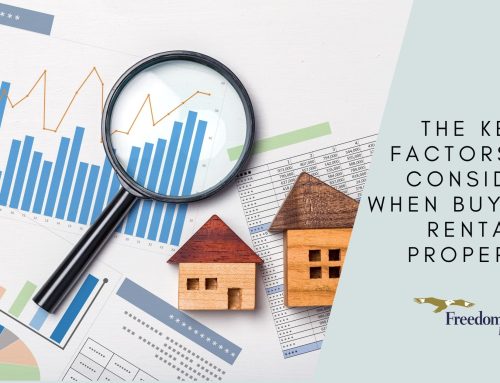Owning a home is a dream come true and a huge financial goal.
When looking at your financial goals, a house comes second only to your retirement savings. When you go house hunting, it’s important that you feel like the home you are going to buy is an asset to your financial wellbeing, not a liability. Therefore, before you go shopping for that perfect home, take a good look at some important steps to buying a home.
- Your Credit Score: The lower the credit score, the higher your interest rate. Learn more about upping your credit score here.
- Determine how much house you can afford: A common rule is that your monthly mortgage payment should not exceed 30% of your monthly income. Work with your mortgage broker to become pre-approved.
- Save money for a 20% down payment: You will need some type of down payment for most mortgage loans. If you can put down 20%, it increases your chances of being approved and you do not have to pay private mortgage insurance.
- 15 Year Mortgage or 30 Year Mortgage: Most home buyers opt for a 30 year conventional mortgage to avoid the higher monthly payments of a 15 year. In the long run, a 15 year mortgage saves you money as you will pay far less in interest payments. See this blog post on 15 vs 30 year mortgages.
- Monthly costs: Your monthly mortgage payment commonly includes your taxes and homeowners insurance.
- Closing Costs: Closing costs can run a few thousand dollars, depending on where you live and what time of the month you are closing on the home. You can negotiate some of the fees so the seller pays some of them.
- Have cash in the bank. Banks love seeing a savings account. The cash can also come in handy for any repairs, maintenance, or changes you want to make in the home (plus you may need to buy furniture).
- Cost of Living. Buying a home includes living in the neighborhood. What services are included in your taxes? Can you afford to live in the area? Your home is your sanctuary, you do not want to spend time worrying about how you will afford your electric bill.
After you have purchased your home and moved in, be sure to sit down and take another look at your budget. Do not lose sight of your long term financial goals, like retirement planning. It is also a good idea to set aside some funds in a separate account for potentially large repairs and desired upgrades. After you have reviewed the important steps to buying a home contact us to talk about your mortgage needs.






